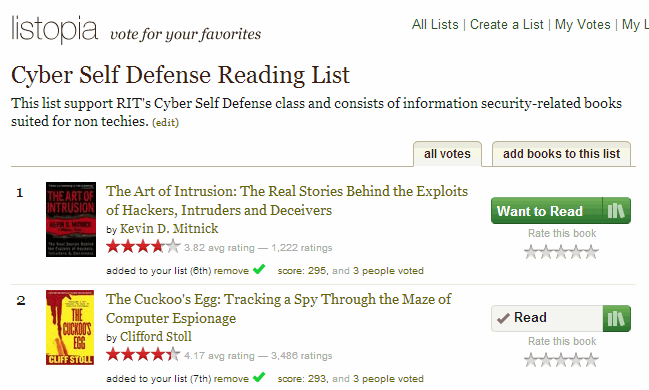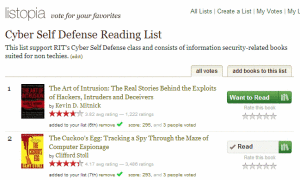The Secure Communicator–upcoming webinar
Category:Bulletproofing,Information Security,Infosec Communicator,Internet Safety,Lessons Learned,mobile device,password,Privacy,Risk,STC Has the Heartbleed bug made you more aware of the challenges you face trying to protect confidential or private information online? I’ll address the impacts of Heartbleed and other threats to your security in “The Secure Communicator,” an STC Education webinar on Thursday, June 5, at 5 pm EDT (GMT-4). I’ll provide registration details as soon as they’re available.
Has the Heartbleed bug made you more aware of the challenges you face trying to protect confidential or private information online? I’ll address the impacts of Heartbleed and other threats to your security in “The Secure Communicator,” an STC Education webinar on Thursday, June 5, at 5 pm EDT (GMT-4). I’ll provide registration details as soon as they’re available.
Here’s a general description of the seminar:
- Most technical communicators know the importance of securing their work and online presence, but are often concerned only about confidentiality. However, good security is about three areas: Confidentiality, Integrity, and Availability. The presenter will explain the importance of these areas to your work as technical communicators and provide tips for ensuring that both your work and online presence are secure.
Won’t you join me?

























